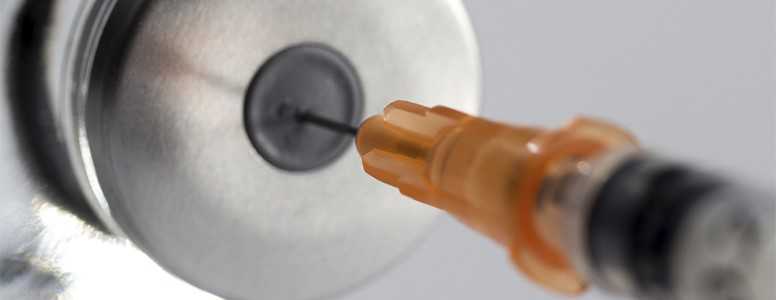A link has been identified between poor sleep in type 2 diabetes and slower wound healing.
Scientists from the University of Tennessee, Knoxville, US conducted a mice study where they concluded sleep may play an important role in wound healing.
Among obese mice with type 2 diabetes, disrupted sleep led to slower wound healing time compared with mice that had interrupted sleep but didn’t have type 2 diabetes.
The research could have implications for humans. High sugar levels are linked with slower wound healing and we know that a complicated relationship exists with sleep and diabetes; poor sleep can lead to problems with diabetes control and vice versa. There are a number of recommendations to help if you struggle with disrupted sleep.
As wounds take longer to heal in people with diabetes, it is important to take good care of your feet. The impact of foot ulcers in people with diabetes was highlighted earlier this month in a survey which revealed a diabetic foot ulcer took eight months to heal on average.
In the study, researchers tested a hypothesis that poor sleep would further inhibit wound healing, so they analysed healthy mice of a normal weight and obese mice with type 2 diabetes. Then the mice were divided to receive either normal sleep or disrupted sleep.
The diabetic mice with fragmented sleep required 13 days on average for wounds to achieve 50% healing. This compared with 10 days on average for the diabetic mice without disrupted sleep. All of the healthy mice were able to achieve 50% of wound healing within 6 days with or without sleep disturbances.
The research team now plans to expand their study and assess the impact of specific drugs on wound healing and how interrupted sleep affects recovery.
The findings have been published online in the journal Sleep.
What's new on the forum? ⭐️
Get our free newsletters
Stay up to date with the latest news, research and breakthroughs.





